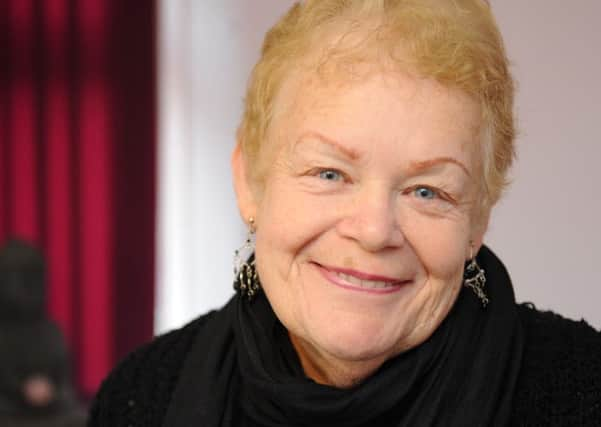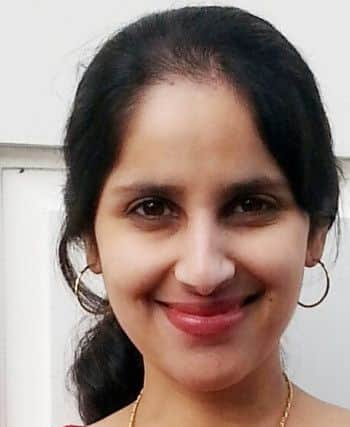Advice for older women on breast cancer risk


Kathryn Gecit (pictured) from Ardingly is an older breast cancer sufferer who had no symptoms at all when she was diagnosed.
She said: “I had no discomfort, no lump and without a doubt a routine mammogram saved my life. I was diagnosed just before my 66th birthday.
Advertisement
Hide AdAdvertisement
Hide Ad“If I had been over the age for routine screening I would never have known I had cancer. I was lucky because it was diagnosed early and I would urge any women in their 70s and above to ask for a mammogram if they want one.”


Kathryn has just raised £600 with her daughter’s help, to thank staff at Worthing Hospital for saving her life and she hopes that by speaking out she will encourage older women to seek help and advice.
A national awareness campaign alerting older women to the risk of breast cancer is being supported by medical practitioners locally who are urging anyone with breast symptoms to contact their GP.
From the age of fifty onwards, women are invited to routine screening every three years. The cut-off point is being raised from the age of 70 to 73 across the country, but women can request an NHS screening every three years beyond that point.
Advertisement
Hide AdAdvertisement
Hide AdSusan Heard, a nurse practitioner in breast care at The Park Centre in Brighton, said: “A lot of older patients say I didn’t think breast cancer could happen to me, possibly because cancer in older women is portrayed less in the media.
“People over 70 can have breast symptoms but often have other underlying medical problems they feel are more important such as arthritis or diabetes, which are impacting more on their lives.”
Susan says older women should not be put off by the thought of aggressive treatment if cancer is diagnosed.
“Not everyone needs surgery,” she said. “It depends what type of breast cancer it is because you can be treated with tablets alone. There is no ageism in the breast unit. Older women, regardless of age, are treated as patients with a breast symptom.”
Advertisement
Hide AdAdvertisement
Hide AdCuckfield GP Tina George, who is the clinical lead for cancer services on Horsham and Mid Sussex Clinical Commissioning Group, said: “A breast lump is not necessarily the only symptom. Other symptoms are changes to the skin, the nipple or lumps under the arm.”
Red skin or puckering of the skin are symptoms as well as discharge or bleeding from the nipple.
“Older patients may feel they don’t want to contact their GP and be a nuisance but that’s not the case at all,” said Dr George. “Don’t be shy or reluctant to come forward.
“With cancer generally, there are more people surviving and it doesn’t have the same connotations as in the past. The key to survival is early diagnosis.
Advertisement
Hide AdAdvertisement
Hide Ad“It has been shown that too much alcohol consumption is linked to breast cancer. Cut down on alcohol and keep active because the more you can do the better, and eat healthy by getting your five a day in fruit and vegetables.”
Although the breast screening programme starts for women aged fifty, there have been pilot studies on lowering the age to 47.
At your last routine mammogram when you are 73, you will be handed a card to remind you that the service is still available. The card will give you a contact number to book future mammogram appointments.
The local number is: 01273 664966.